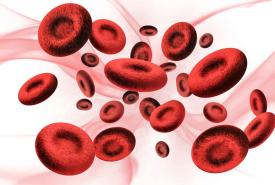Lighting up Alzheimer’s-related proteins to allow for earlier disease detection
Many neurodegenerative diseases, including Alzheimer’s and Parkinson’s, are difficult to diagnose before symptoms begin to appear. However, disease-related biomarkers such as aggregated proteins called amyloids could provide important insight much earlier, if they can be readily detected. Researchers publishing in ACS Sensors have developed one such method using an array of sensor molecules that can light up amyloids. The tool could help monitor disease progression or distinguish between different amyloid-related conditions.


















